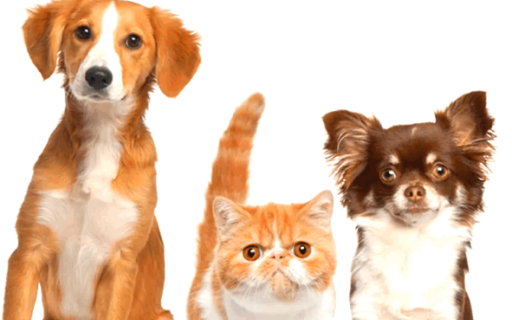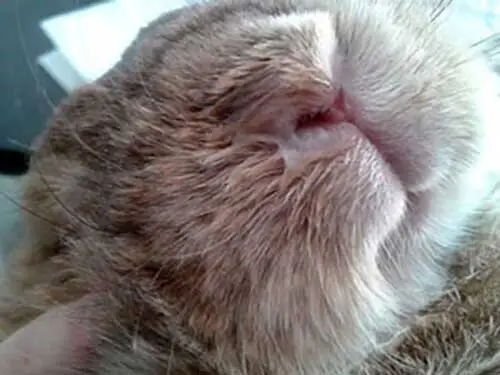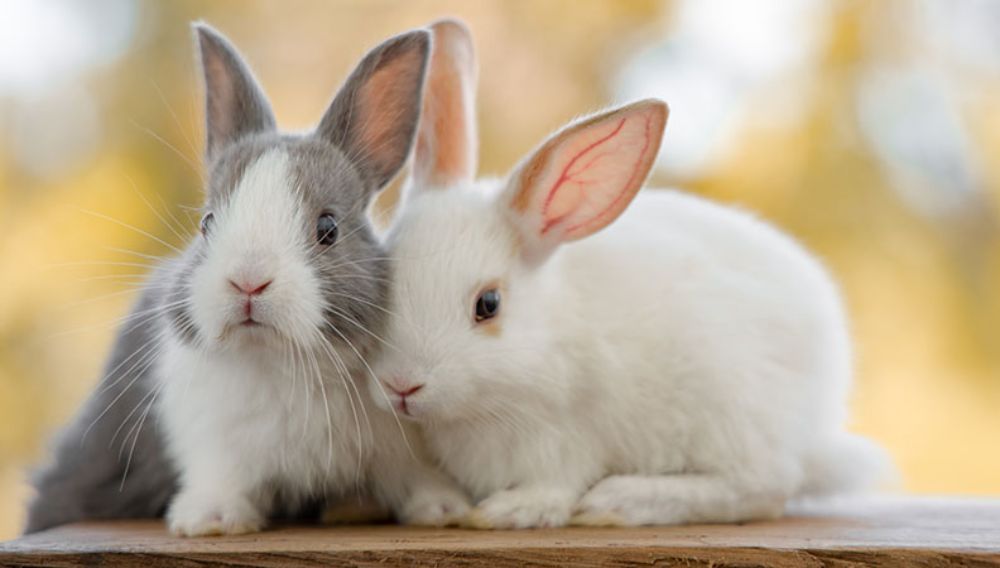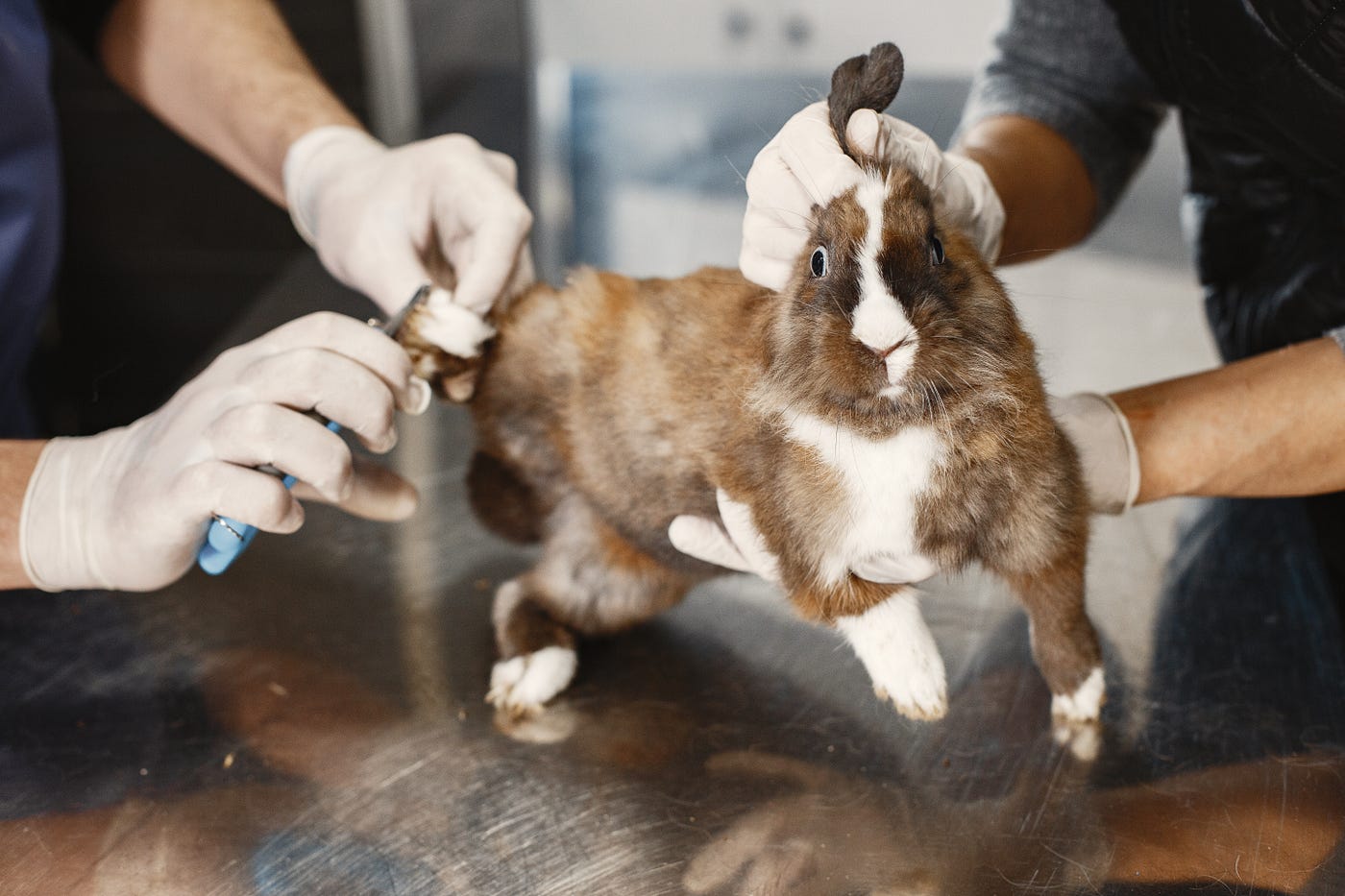Introduction:
Rabbit snuffles is a common respiratory condition in rabbits that can lead to significant health issues if left untreated. In this comprehensive article, we will delve into the causes, symptoms, treatment options, and preventive measures for rabbit snuffles. Understanding this condition is crucial for rabbit owners and enthusiasts to ensure the well-being and longevity of their furry companions.
Rabbit Snuffles: An Overview of the Condition:
Rabbit snuffles, also known as Pasteurellosis or Rhinitis, is a bacterial infection that affects the upper respiratory system of rabbits. It is primarily caused by the bacterium Pasteurella multocida. The condition is characterized by symptoms such as nasal discharge, sneezing, congestion, respiratory distress, and in severe cases, abscesses or pneumonia.
Managing Rabbit Snuffles: Treatment Options:
When it comes to managing rabbit snuffles, early detection and prompt treatment are essential. Here are some strategies that can help alleviate the symptoms and improve the overall health of affected rabbits:
- Veterinary Consultation:
If you suspect your rabbit has snuffles, seek immediate veterinary attention. A veterinarian experienced in rabbit care will conduct a thorough examination, including diagnostic tests such as nasal swabs or radiographs, to confirm the diagnosis and determine the appropriate treatment plan.
- Antibiotic Therapy:
Antibiotics are commonly prescribed to combat the bacterial infection associated with rabbit snuffles. The specific antibiotic and duration of treatment will vary depending on the severity of the infection and the rabbit’s individual health status. It is crucial to follow the veterinarian’s instructions and complete the full course of antibiotics.
- Supportive Care:
Providing supportive care is crucial for rabbits with snuffles. This includes maintaining a clean and comfortable environment, ensuring proper ventilation, and minimizing stress factors that can exacerbate the condition. Regularly cleaning the rabbit’s living space and providing fresh water and a balanced diet are also essential for supporting their immune system.
Recommended:
- Petco Review: The Power of Together
- PetSmart Review: Where Pets Inspire Us
- Hill’s Pet Nutrition Review: Pioneering Pet Health and Nutrition
- Royal Canine Review: Tailored Nutrition for Every Pet
- Chewy Review: Pet Care at Your Doorstep
- Symptom Relief:
To alleviate the symptoms of rabbit snuffles, various measures can be taken. These may include using a humidifier to improve air quality and ease congestion, gently cleaning the rabbit’s nose with a warm, damp cloth, and providing a warm and comfortable area for the rabbit to rest.
Preventing Rabbit Snuffles:
Prevention is always better than cure when it comes to rabbit snuffles. Here are some preventive measures to reduce the risk of this respiratory condition:
- Quarantine and Testing:
When introducing a new rabbit to your existing rabbit population, quarantine the newcomer for a minimum of two weeks. During this time, observe the rabbit for any signs of illness, including snuffles. Additionally, consider having new rabbits tested for Pasteurella before introducing them to your existing rabbits.
- Hygiene Practices:
Maintain proper hygiene practices by regularly cleaning and disinfecting your rabbit’s living space. This includes removing waste, providing fresh bedding, and ensuring good ventilation to minimize the risk of bacterial growth.
- Stress Reduction:
Rabbits are sensitive animals, and stress can weaken their immune system, making them more susceptible to infections. Minimize stressors such as sudden changes in environment, overcrowding, or loud noises to reduce the risk of snuffles and other health issues.
Conclusion:
Rabbit snuffles can have a significant impact on the health and well-being of rabbits. Early detection, proper treatment, and preventive measures are essential for managing this respiratory condition. By seeking veterinary care, administering appropriate antibiotics, providing supportive care, and implementing preventive strategies, rabbit owners can ensure their furry companions lead healthy and happy lives.
References:
- Mancinelli, E. (2019), Respiratory disease in rabbits. In Practice, 41: 121-129. https://doi.org/10.1136/inp.l1425
- Harcourt-Brown, F. (2013). Respiratory disease in rabbits. Veterinary Clinics: Exotic Animal Practice, 16(3), 611-627.
- Meredith, A., & Flecknell, P. (2006). Bacterial diseases. In Rabbit Medicine and Surgery (2nd ed., pp. 121-132). Saunders Ltd.



